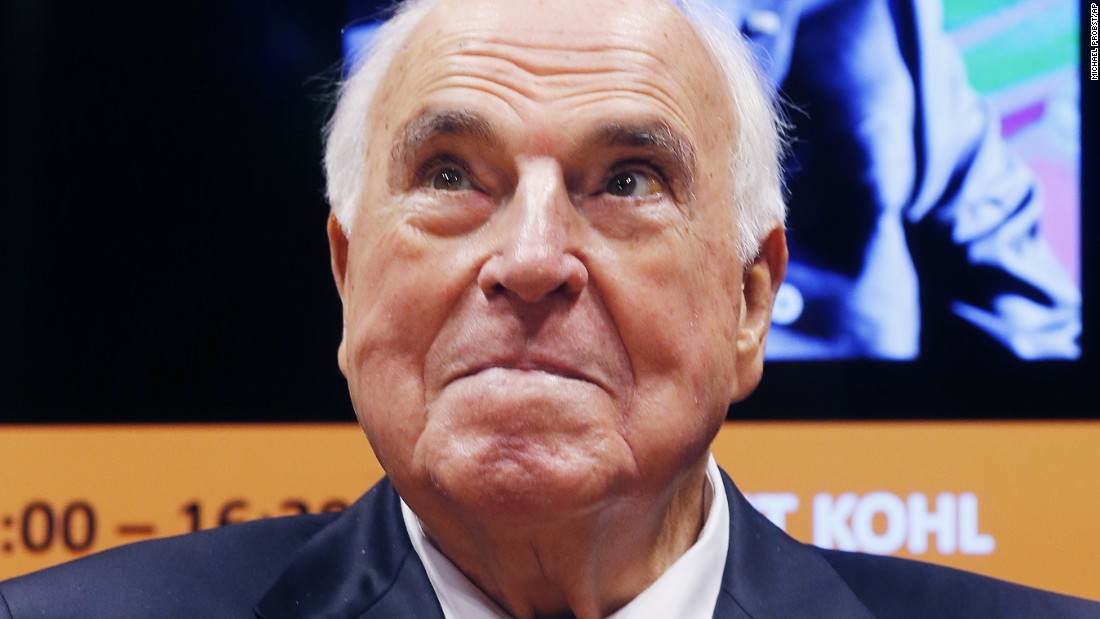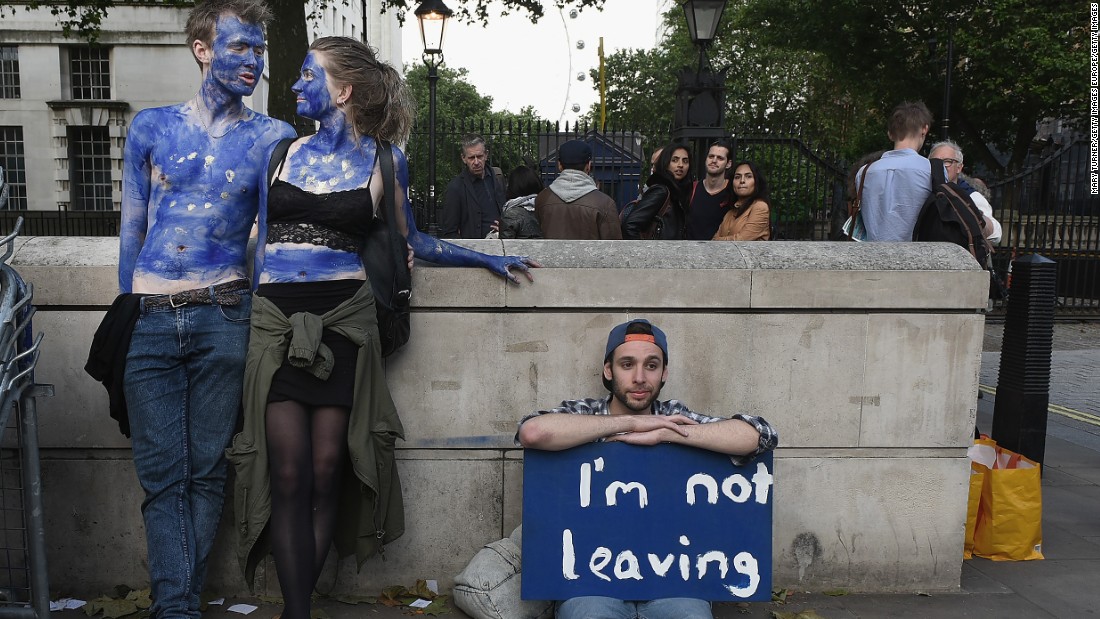One can expect a public spectacle that will exemplify a post-Brexit and Trump-era Europe trying to overcompensate for its dire, lonely position in the world by displaying an outburst of symbolic assertions of its brilliant present and future.
Politicians from around the world will speak — most likely about Kohl’s vision for a truly united European Union, his role in establishing the euro, his rather heroic fight for German unification.
But the scene, which will be live-streamed on the Internet, seems too powerful of a move to be only about Kohl’s impressive legacy. Instilling the importance of a “European state” could be the other objective.
At a time when Europe is in fact further away than ever from inspiring a belief of anything like statehood, it seems like a desperate attempt to save a vision that is trembling.
It’s true that the EU might “only” be crippled by the departure of the UK, but will survive, and France and the Netherlands did not elect hard-core right-wing nationalist state leaders.
However, a Europe where there is even the slightest possibility for figures like Marine Le Pen and Geert Wilders to become leaders of European states — and create more of the governments that we see in Hungary and Poland — must urgently ask itself how it can inspire trust in a European path.
Wrapping the coffin of an influential creator of Europe in European flags won’t do. Perhaps demonstrating its ability to tackle issues of importance like the economy, migration and security, would be better. But in this, Europe is failing.
Greece is still on the brink of leaving the single currency and lived through its worst-ever recession over the past several years.
In a sense the EU has been very unlucky in terms of how hard it has had to prove itself and how embarrassing its failures have been.
On top of its bleeding economy, which was already shattered by the global economic crisis of 2006 before the credit crisis, unprecedented external pressures kicked in.
If the EU managed to act collectively in taking in refugees, then the refugee crisis would be less of a crisis.
The same would hold true if the renewed confrontation between Russia and Europe were ever to escalate. While there is a lot of talk about military integration from the EU, the reality looks different.
So far, this has meant only announcing the integration of its armed forces with the Czech Republic and Romania — not exactly the most powerful armies in the EU. And since the well-equipped UK military is also leaving Europe, the military heavyweights like France might be stepping up to help Germany form a more unified defense. But that hasn’t happened yet
So while there is a populist outburst against the EU, people also understand that America might not be there to help.
That lonely place might in fact be a moment to call for greater collective commitment to European institutions that will be necessary for it to act effectively.
But emotional funerals and processions won’t be enough to win people over. New suggestions for an economic and defense strategy are required.


